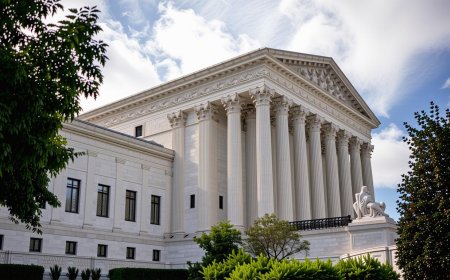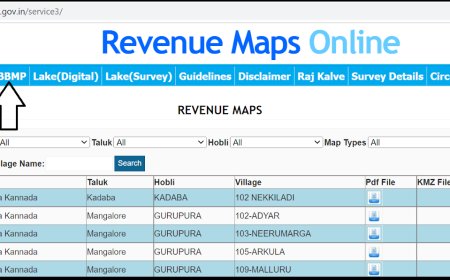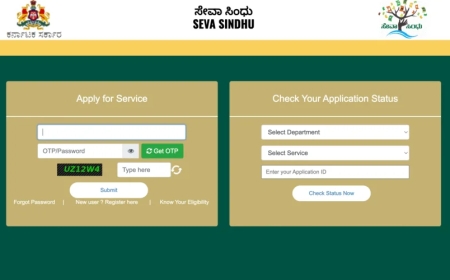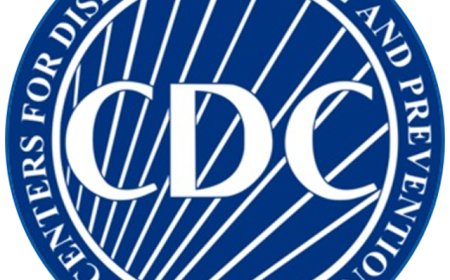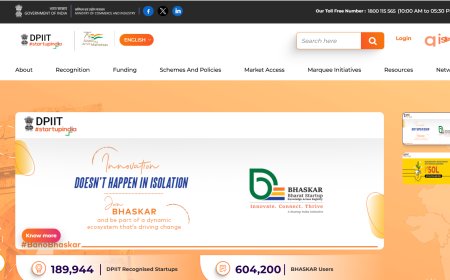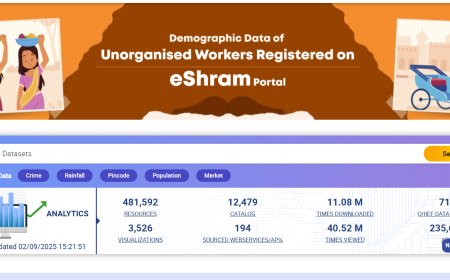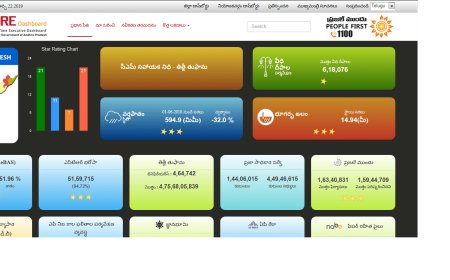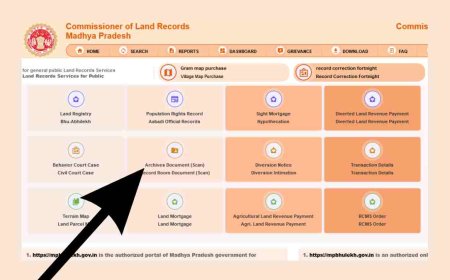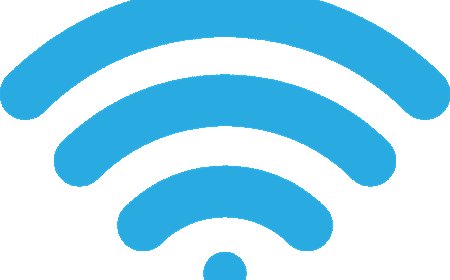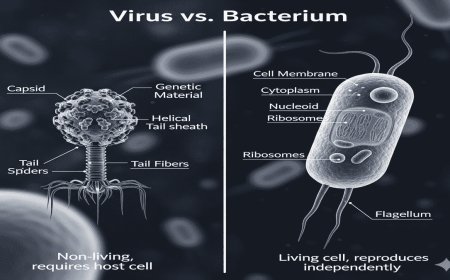Understanding Medicaid: A Comprehensive Guide
Discover what Medicaid is, its benefits, and how it impacts healthcare access in the United States.
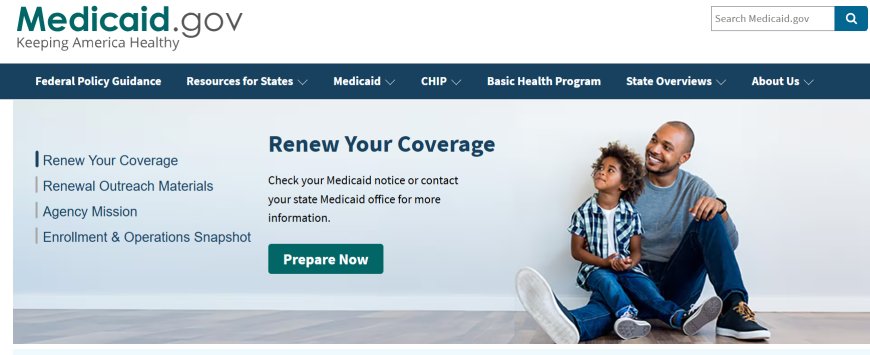
Understanding Medicaid: A Comprehensive Guide to America's Essential Health Program
Introduction
Medicaid stands as one of the most significant pillars of the American healthcare system, providing essential health coverage to millions of low-income individuals and families. Established in 1965, Medicaid is a joint federal and state program designed to ensure that vulnerable populations have access to necessary medical services. With its complexity and scope, understanding Medicaid is crucial for anyone navigating the U.S. healthcare landscape.
What is Medicaid?
Medicaid is a public health insurance program in the United States that helps provide healthcare coverage to eligible low-income adults, children, pregnant women, elderly adults, and people with disabilities. The program is funded jointly by the federal government and individual states, each of which administers their own Medicaid programs within federal guidelines.
Eligibility Criteria
Medicaid eligibility varies by state but generally includes low-income individuals and families. Key factors determining eligibility include:
- Income level
- Household size
- Disability status
- Age, particularly children and elderly
- Pregnancy status
The Benefits of Medicaid
Medicaid offers a wide range of benefits that are crucial for maintaining the health and wellbeing of its beneficiaries. These benefits often include:
- Comprehensive Coverage: Medicaid covers essential health services such as hospital and doctor visits, long-term medical care, and preventive services.
- Cost-effective Care: Medicaid significantly reduces the out-of-pocket costs for eligible individuals, making healthcare more accessible.
- Support for Vulnerable Populations: It provides critical support for low-income families, children, people with disabilities, and elderly individuals who may otherwise lack access to necessary medical care.
How Medicaid Impacts the Healthcare System
Medicaid plays a fundamental role in the U.S. healthcare system by:
- Reducing Uninsured Rates: By offering coverage to millions, Medicaid helps lower the number of uninsured people, thereby improving public health outcomes.
- Supporting Healthcare Providers: Medicaid reimburses hospitals and healthcare providers, helping sustain medical services in underserved areas.
- Boosting State Economies: Federal funding through Medicaid helps bolster state economies by creating jobs and supporting healthcare infrastructure.
Recent Developments and Challenges
Medicaid continues to evolve, facing both challenges and opportunities. Recent developments include:
- Expansion under the Affordable Care Act, which has allowed more individuals to access Medicaid benefits.
- Ongoing debates about funding and eligibility reforms, which can impact the program's future and its beneficiaries.
Conclusion
Medicaid remains a vital component of the American healthcare system, providing essential services to millions of individuals and families in need. Understanding its role, benefits, and challenges is crucial for anyone interested in the future of healthcare in the United States. To explore more or find datasets that fit your needs, visit Data.gov today.
References
Centers for Medicare & Medicaid Services. (2023). Medicaid.gov
What's Your Reaction?
 Like
0
Like
0
 Dislike
0
Dislike
0
 Love
0
Love
0
 Funny
0
Funny
0
 Angry
0
Angry
0
 Sad
0
Sad
0
 Wow
0
Wow
0




